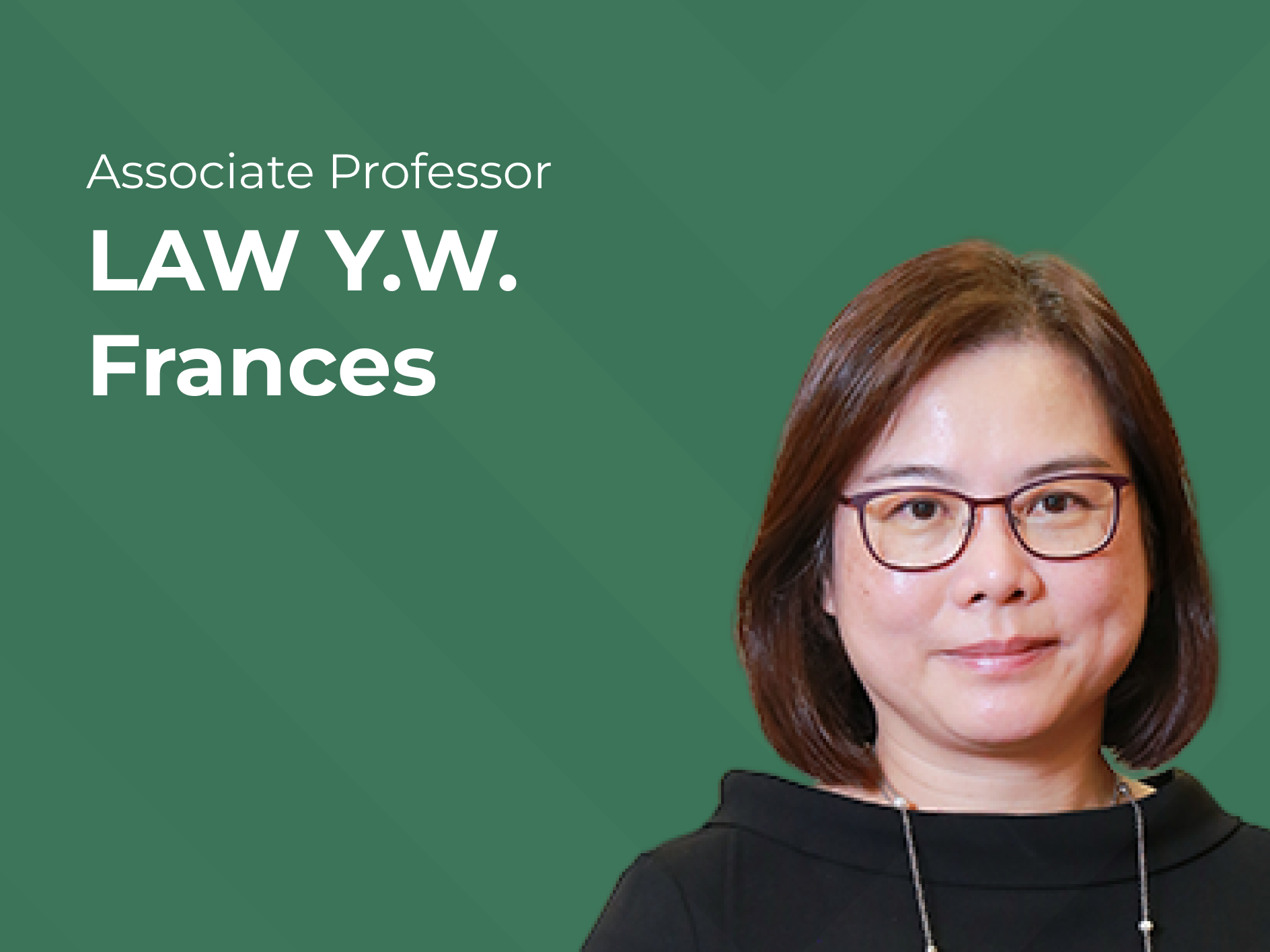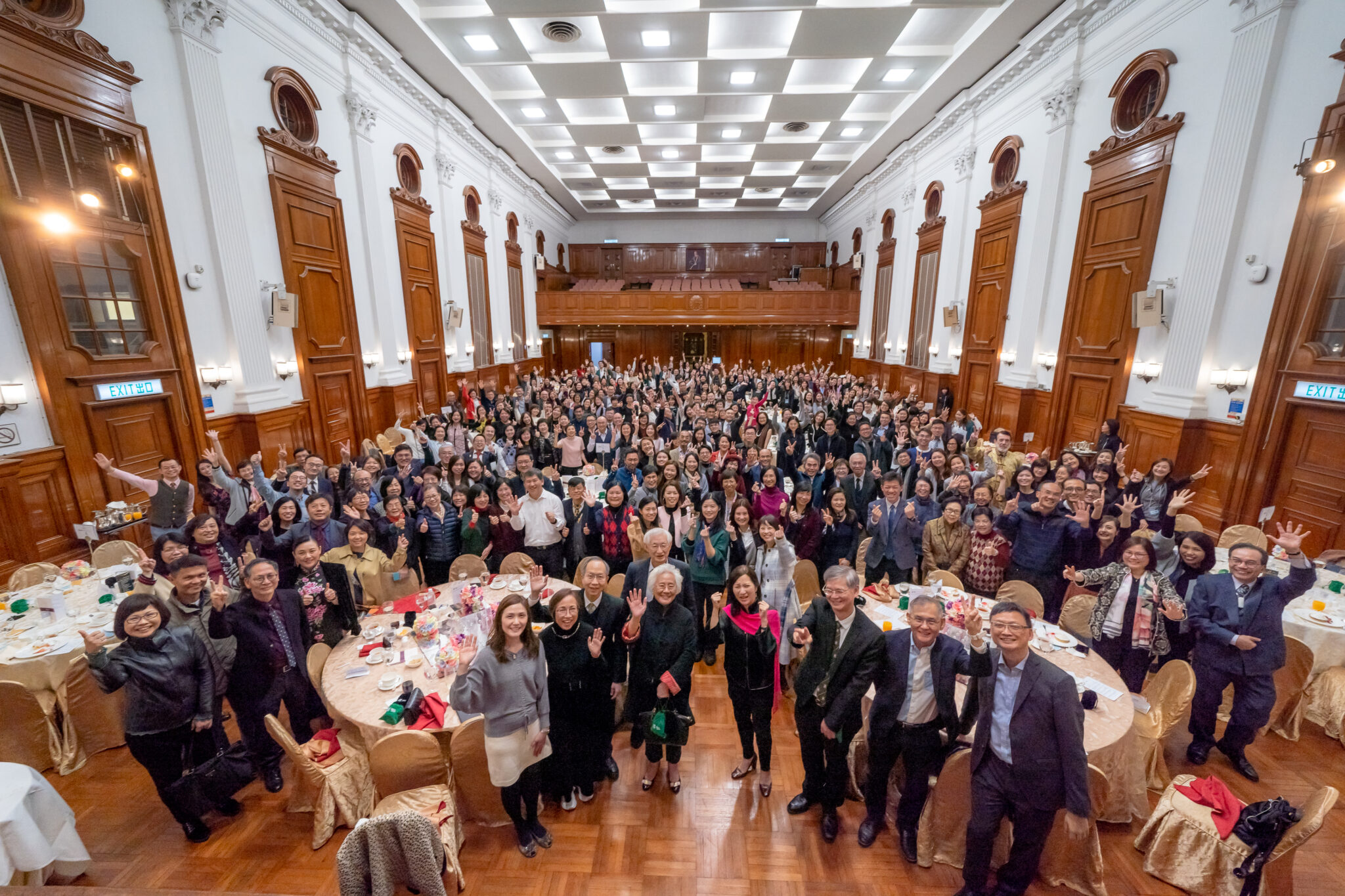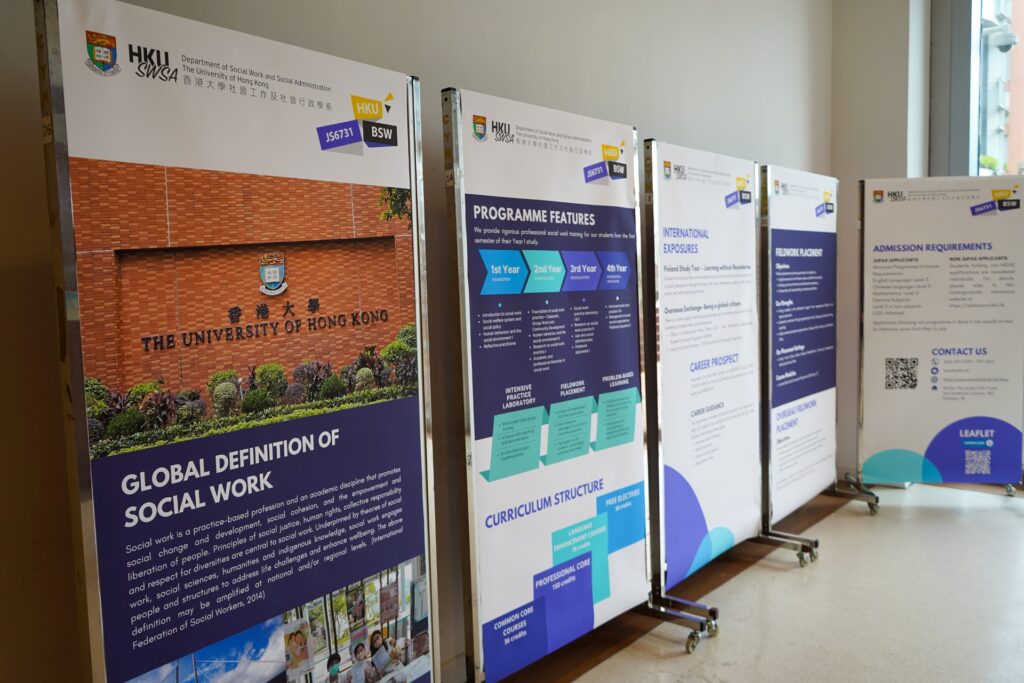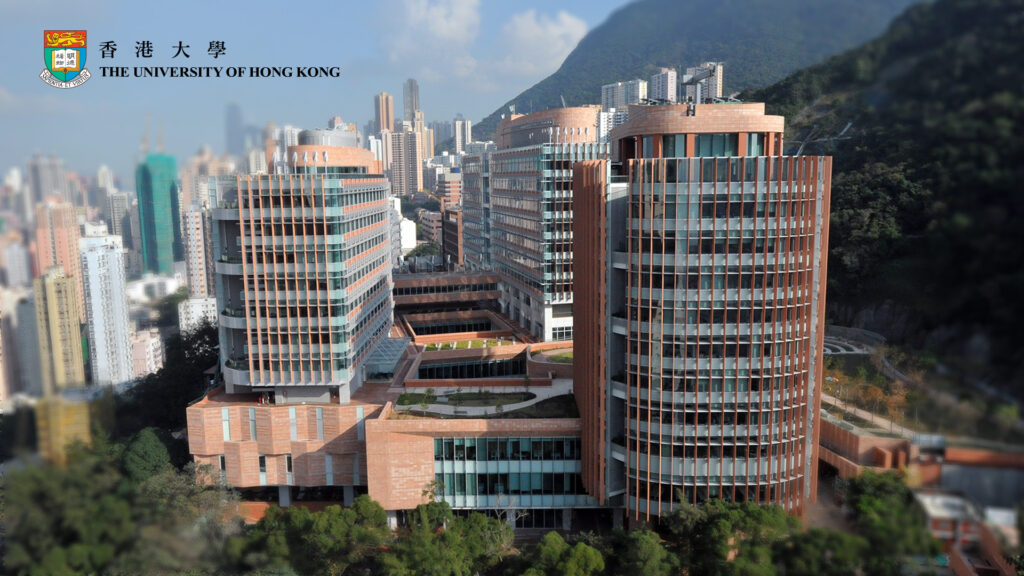
This study examines an income and wellbeing paradox?the discrepancy between economic and subjective poverty?from a consumption perspective. The theoretical underpinning is that households allocate their monetary resources into different consumption categories, which may lead to varying levels of utility, thereby shaping their perceptions of poverty in different ways. Data were drawn from the first wave of the Hong Kong Panel Survey for Poverty Alleviation (N?=?1386). Cluster analysis identified four consumption patterns among the economically poor: (a) food-dominant, (b) rent-dominant, (c) food & rent-dominant, and (d) balanced, and five among the economically non-poor: (a) food-dominant, (b) rent-dominant, (c) education-high, (d) mortgage-high, and (e) balanced. Logistic regression revealed that the food-dominant cluster (compared with the balanced cluster) reduced the probability of feeling non-poor among the economically poor, and the mortgage-high cluster (compared with the balanced cluster) increased the probability of feeling poor among the economically non-poor. However, the significant association between the mortgage-high cluster and subjective poverty became insignificant after controlling for assets. The mortgage-high cluster?s positive impact on subjective poverty was most likely offset by the negative impacts of homeownership and assets. The study?s findings expand our understanding of how individuals? perceived poverty status can be shaped by their consumption patterns.
Congratulations to Prof. LOU W.Q. Vivian on being recognized among the Healthy Ageing 50 Leaders by the UN Decade of Healthy Ageing (2021?2030). The Healthy Ageing 50 highlights people from every region and sector?government, civil society, academia, and business?whose work is measurably improving the lives, rights, and well-being of older people and advancing the Decade?s priorities: combating ageism, fostering age-friendly environments, and expanding access to integrated and long-term care. Honourees are profiled on the Decade platform to showcase approaches with proven impact and potential to scale, and to catalyse collaboration across countries and disciplines?reflecting Dr. LOU?s leadership in ageing and longevity.
Learn more: https://www.decadeofhealthyageing.org/topics-initiatives/other-initiatives/healthy-ageing-50#anchor_two
Prof. LAW Y.W. Frances was admitted as a Fellow of the Academy by the Hong Kong Academy of Social Work. The Fellowship is a senior professional honour that recognizes social work leaders with sustained, exemplary contributions to the profession and the community. Fellows are peer?acknowledged for their professional excellence and leadership, ethical standing, impact on practice and policy, scholarship and education, and dedicated service. As a Fellow, Prof. Law is part of a community expected to set standards for the field, champion continuing professional development, mentor the next generation, and help advance the Academy?s mission to strengthen social work quality and public trust in Hong Kong. This recognition affirms her leadership and broad impact across research, practice, and community engagement.
Learn more: https://academy.hkswa.org.hk/zh-HK/membership/information/fellow/





